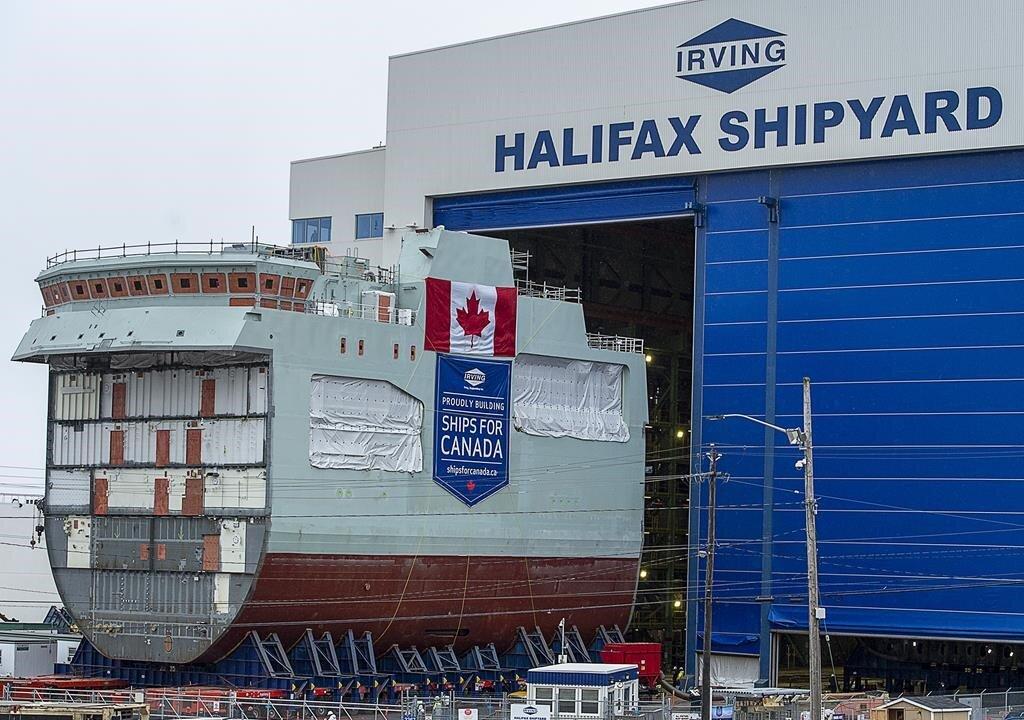Organizations opposed to Chinese slave labour have suffered a legal setback in their attempts to force government agencies to confiscate slave-made goods. The Canadian Federal Court of Appeal has ruled that human rights advocates cannot file lawsuits solely based on principle.
“The appellants in the appeal have no right to request or obtain a ruling from Canada Border Services Agency,” wrote Justice Mary Gleason of the Court of Appeal. The ruling came after groups petitioned the court to intercept exports of slave-made goods manufactured in China.





